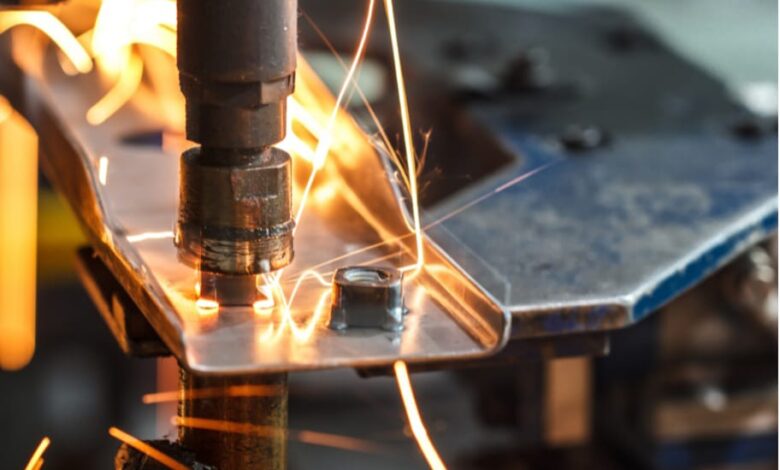5 Remarkable Skills Every Welding Specialist Should Master

5 Remarkable Skills Every Welding Specialist Should Master
Welding as a profession is exciting and rewarding as you are always conquering challenges. But is that all that you can do?
Whether you are new to the welding industry or have been around for a while, being the best will always work in your favor. However, amidst the constant cycle of securing new projects and delivering satisfactory quality products & services, finding time to upskill oneself can become challenging. As the process is constantly evolving and is used in diverse industries, updating your existing skills will enable you to work on bigger projects, eventually increasing your potential to earn more in the industry.
Here are the key skills you must master as a welding specialist:
- Calculative skills
Welding is not an easy job; you will encounter instances where you must calculate dimensions, take measurements in various units, understand design requirements via blueprints, determine the cost for the project, and even refine designs for efficiency.
All these actions require mathematical skills to understand the project particulars. Additionally, as welders work closely with critical parameters like temperature, pressure, and volume of gases, it becomes crucial to be precise in order to avoid life-threatening accidents.
- Physical strength
Physical strength is essential when managing flash-butt welding machines or using a hand-held welding machine. Given the environment where welding processes usually take place, the long, strenuous work can cause health concerns if you are not adequately taking care of your physical well-being.
Due to this, welders must engage in activities that enhance their hand-eye coordination, mobility and flexibility, and overall physical endurance. It is also essential that you are eating right to ensure you have the energy to go through the day without feeling dizzy or tired.
- Eye for detail
Welding is often used where metals of the same or different types need to be conjoined together and stay put for years (decades and even centuries). Without appropriate workmanship, these structures can fail and cause extensive damage.
As a result, whether a welder is using rail welding equipment or working with a handheld machine, they must inspect the welded area for quality assurance.
For this reason, a welder must know different welding methods, common types of failures, and how to ensure quality during inspection and after installation. Attention to detail will also prevent violations of the industry’s code of conduct, regulations, and compliances.
- Management skills
Aside from working on metals, today’s welders are also required to possess management skills. These skills are essential as they help in planning and managing project deliverables, documenting work progress, organizational and time utilization skills, inventory maintenance without overstocking, and the ability to work on individual as well as group projects.
These skills ensure that welders can manage their workload with utmost efficiency and reliability when working on advanced flash-butt welding machines. A highly appreciated skill amidst the list is communication dexterities, ensuring the concerns, progress, and deliverables are always conveyed with the utmost clarity and eliminating misunderstandings.
- Being creative
Welders are often tasked with combining precision and planning to create a durable outcome. While textbook practices will bear efficient results, there will still be times when using the acquired knowledge to create innovative solutions will ensure better results.
Due to this, welding specialists must experiment with ideas frequently, set-ups like rail welding equipment, and more. This would expand their knowledge, and help them understand the reasons behind the failure of experimental welded structures.
Additionally, engaging in these activities increases one’s skills and helps in understanding the areas they are most interested in (and potentially later train to specialize in it).
Scaling passion into high-level skills
Welding has been a crucial part of human history and will continue to retain its importance for the years to come. However, to ensure welders are equipped to handle the changing times, it is essential to continuously stay in touch with the changing market demands, upskill oneself, and focus on thinking outside the box. These attributes will ensure you can take up any project and turn it into a massive success.



